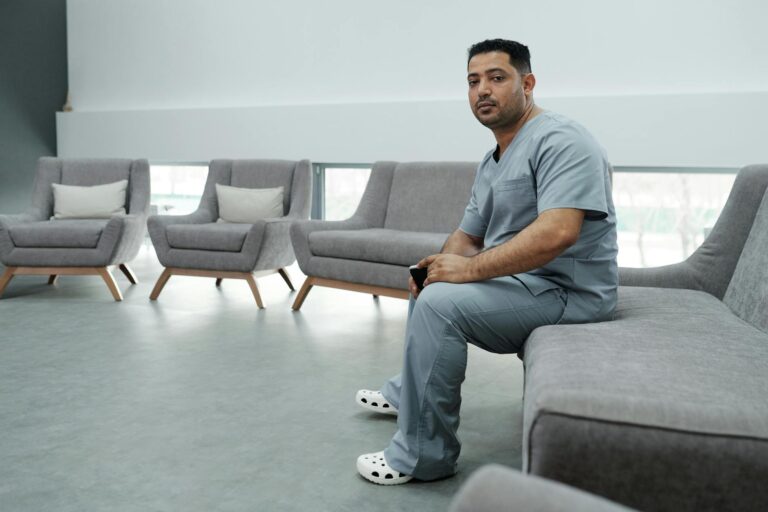### Tailoring Alzheimer’s Treatment Plans with Precision Medicine
Alzheimer’s disease is a complex condition that affects millions of people worldwide. While there are treatments available, each person’s experience with the disease is unique. Precision medicine, which involves tailoring treatments to an individual’s specific needs, is becoming a crucial approach in managing Alzheimer’s. Here’s how precision medicine is helping to create more effective treatment plans.
#### Understanding Precision Medicine
Precision medicine is a personalized approach to healthcare. It involves using advanced technologies and data to understand the unique biology of each person. For Alzheimer’s, this means looking at factors like genetics, lifestyle, and the progression of the disease to create a tailored treatment plan.
#### Genetic Factors
One key area of focus is genetics. Some people have a genetic risk factor called APOE4, which increases their likelihood of developing Alzheimer’s. Researchers are exploring how to target these genetic factors using technologies like CRISPR, which can edit genes to prevent the disease from progressing.
#### Biomarkers and Early Detection
Biomarkers are substances in the body that can indicate the presence of a disease. For Alzheimer’s, researchers are studying biomarkers in blood and cerebrospinal fluid to detect the disease early. This helps in starting treatment before symptoms become severe. Advanced imaging techniques like PET and MRI scans also help monitor the brain’s changes and how well treatments are working.
#### Combining Treatments
Researchers are also exploring combination therapies. These involve using multiple drugs to target different aspects of Alzheimer’s, such as amyloid plaques and tau tangles. By combining treatments, doctors hope to achieve better outcomes than single treatments alone.
#### Personalized Care Plans
In addition to medication, non-pharmacological interventions are becoming more important. These include cognitive behavioral therapy (CBT), music therapy, and structured environments to reduce stress and agitation. Personalized care plans that incorporate these therapies can significantly improve the quality of life for people with Alzheimer’s.
#### Real-World Data and Clinical Trials
To understand how new drugs work in real-world settings, researchers are using data from electronic health records. This approach, combined with computational drug repurposing, helps identify existing drugs that might be effective against Alzheimer’s. For example, a study on bumetanide suggests that this already approved drug could be repurposed to treat Alzheimer’s, especially in those with the APOE4 gene.
#### The Future of Alzheimer’s Treatment
The future of Alzheimer’s treatment looks promising. With advancements in precision medicine, AI, and digital health, doctors are better equipped to prevent and manage the disease. By leveraging these technologies, researchers aim to create more effective treatments that address the unique needs of each individual.
In summary, precision medicine is revolutionizing the way we approach Alzheimer’s treatment. By focusing on genetic factors, using biomarkers for early detection, combining treatments, and incorporating personalized care plans, we are moving closer to a more effective and compassionate treatment for this complex condition.





